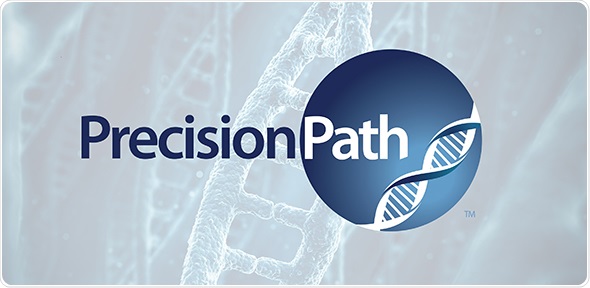EKF Diagnostics subsidiary, Selah Genomics, has announced a major, four-way collaboration with Greenville Health System (GHS, South Carolina), DecisionQ Corporation (Virginia), and BD (Becton Dickinson and Company, New Jersey). Expected to last 18 months, the collaboration aims to unite classic clinical annotations with proprietary next generation sequencing (NGS) technology and artificial intelligence-based decision support algorithms in order to improve clinical decision support in the treatment of colon cancer patients.
More than eight out of ten US patients are treated in the community, and as many as 60 percent of all patients with solid tumors do not respond to first-line treatment. This results in further treatment cycles, higher cost, elevated toxicity and, perhaps most importantly, lost time. A tool that significantly improves the prognostication for patients by bringing center of excellence expertise to any clinical setting is therefore highly desirable.

Image credit: EKF Diagnostics
Using its PrecisionPath™ NGS technology, Selah Genomics will first determine the genetic profiles of tumor samples provided by the Institute for Translational Oncology Research, which is part of GHS’s Cancer Institute. The samples, from colon cancer patients with known outcomes, will be provided with full clinical annotation. DecisionQ will employ its advanced machine-learning platform to integrate genetic profile data with clinical annotations to produce a model that will improve clinical decisions related to the treatment of colon cancer patients. The research project is being funded in part by BD in return for the first opportunity to license the technology should the collaboration be a success. After the initial collaboration, a clinical trial is planned to validate the research and affirm the effectiveness of the new system as a clinical decision support tool for the community-based setting.
This initial collaboration will demonstrate the power of a new generation of personalized medicine decision support tools for oncologists, starting with a particular focus on empowering oncologists treating colon cancer patients in the community-based setting, said Michael Bolick, CEO, Selah Genomics. Leveraging particular contributions from each of our partners, we have a unique opportunity to fast track our development timelines across an array of targets.
Jeff Edenfield, MD, Medical Director of GHS’s Institute for Translational
Oncology Research said: “We have been using Selah Genomics’ PrecisionPath assay to provide molecular profiles of solid tumors since 2013. We share Selah’s vision that the determination of accurate tumor biomarkers needs to be based on both clinical and molecular annotation, so we’re very excited about this new collaboration.”
Todd Radano, CEO DecisionQ added: “We look forward to working with our partners and applying our predictive analytic technology to help clinicians improve the way they treat colon cancer.”
After proving the value for colon cancer, EKF and Selah Genomics intend to continue to evaluate similar models on other sites of origin.